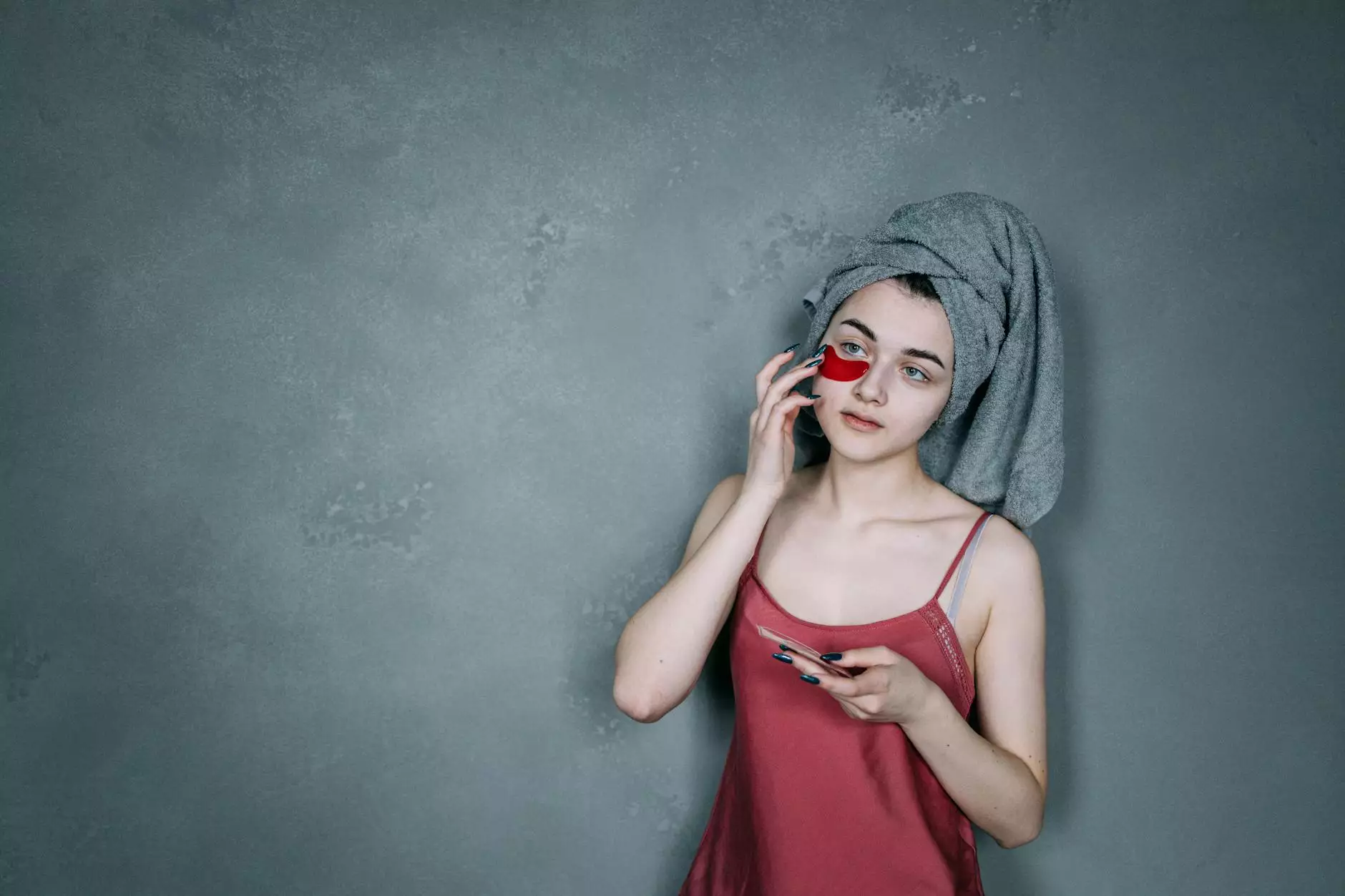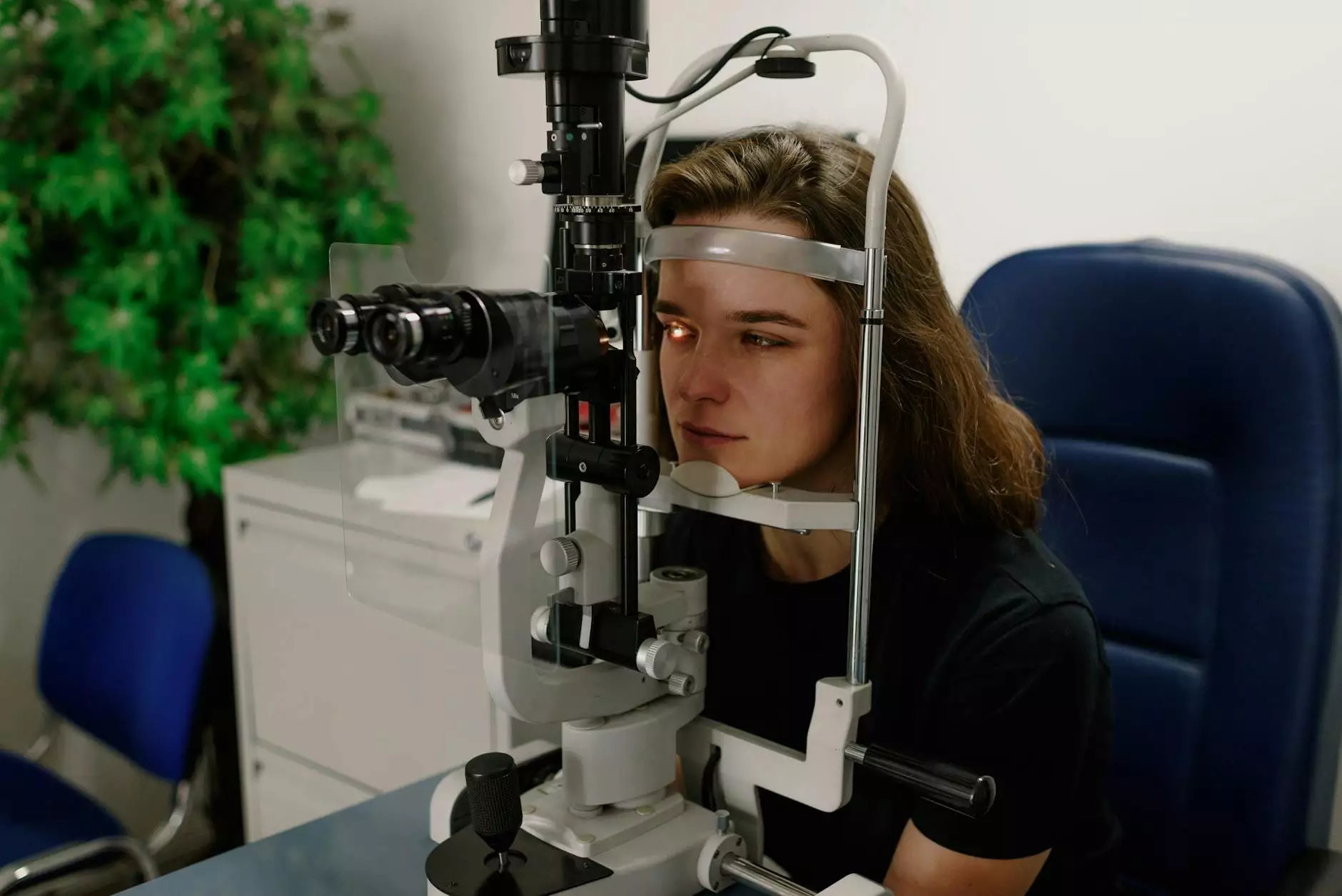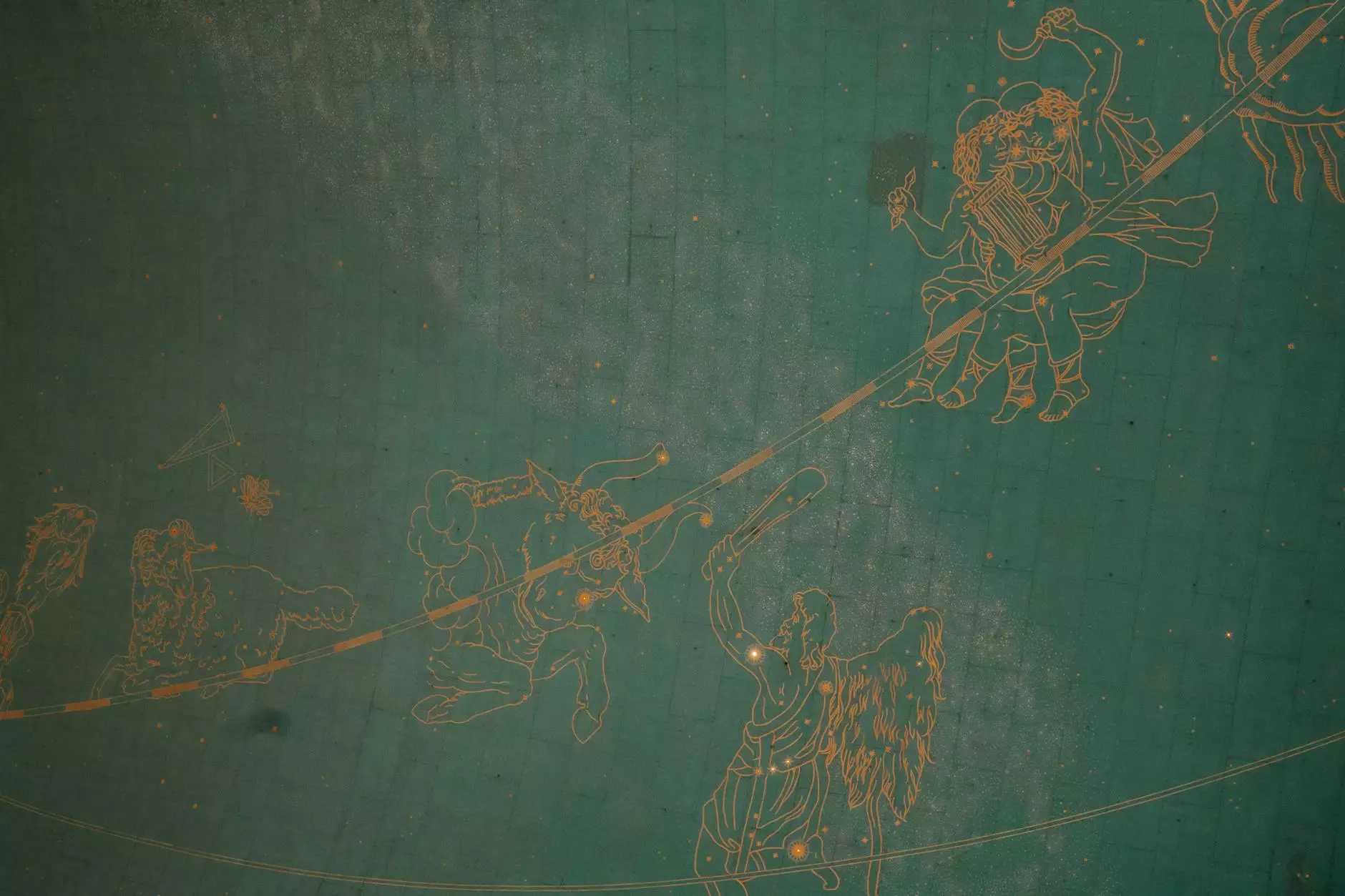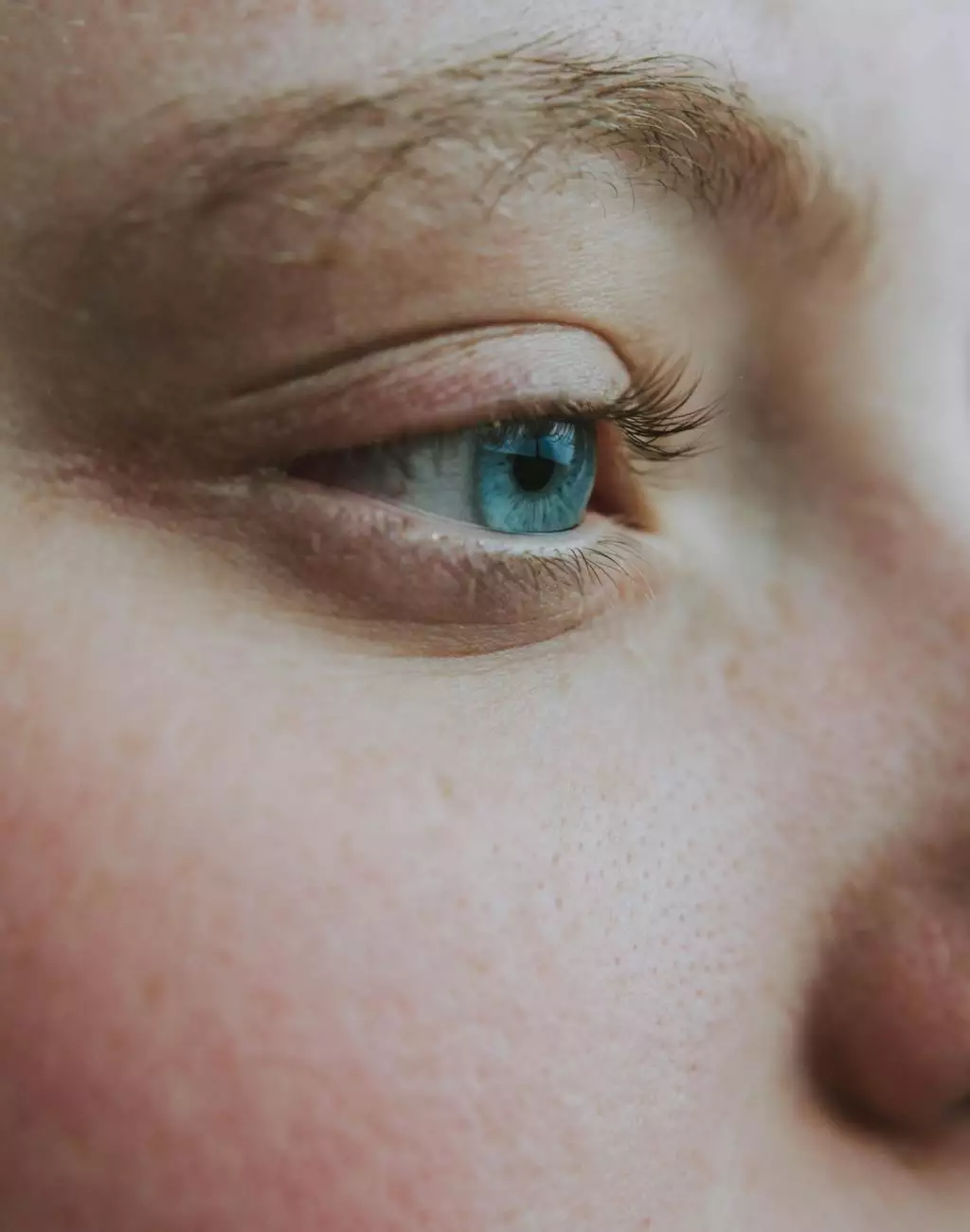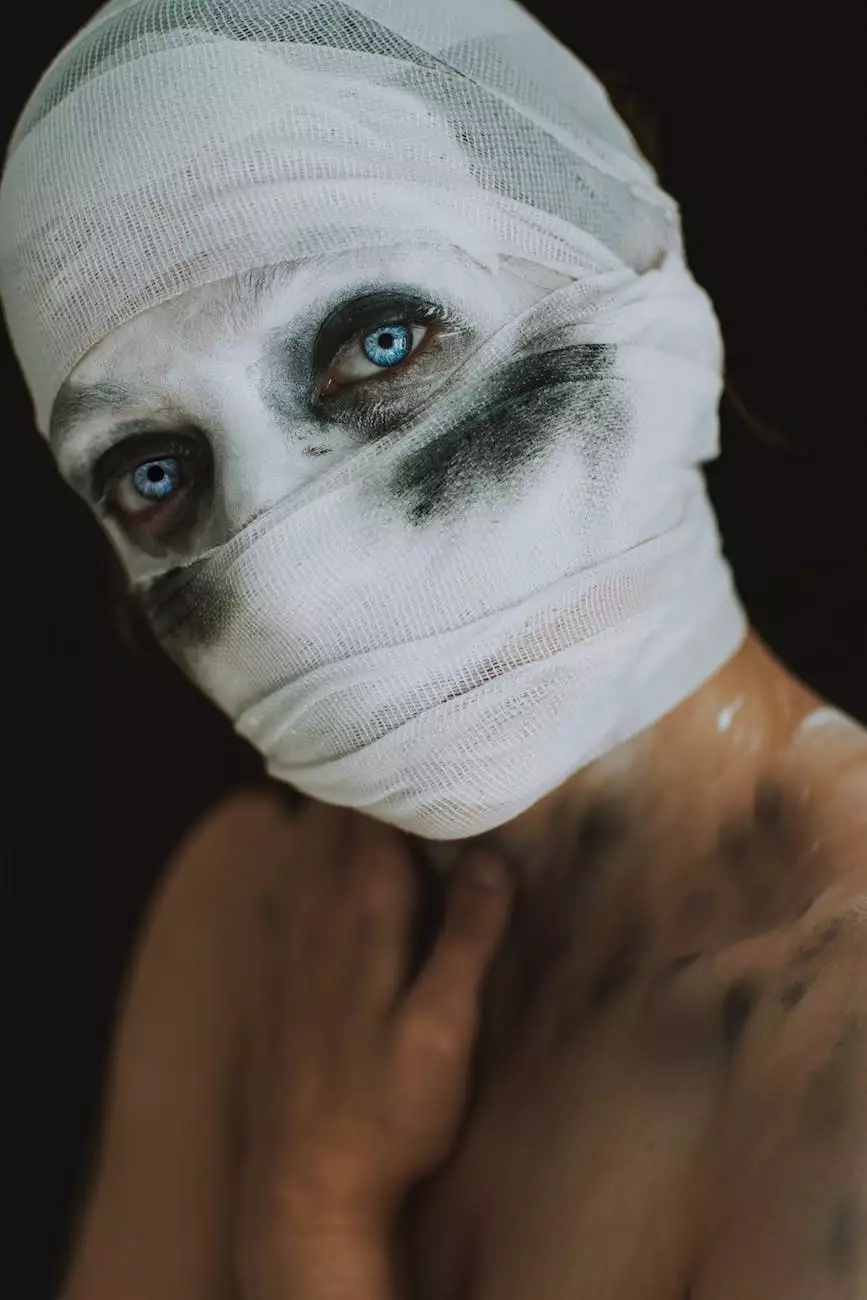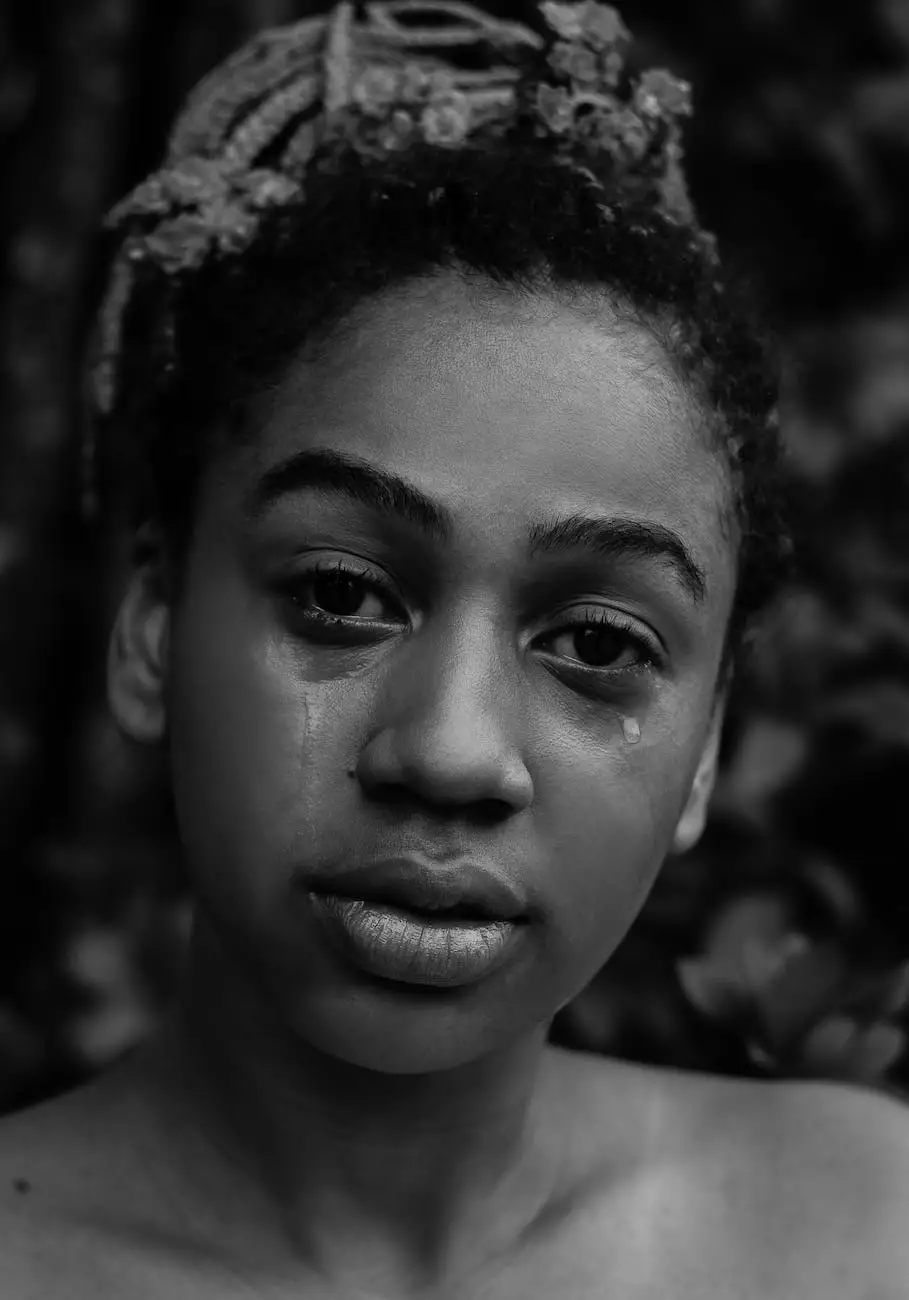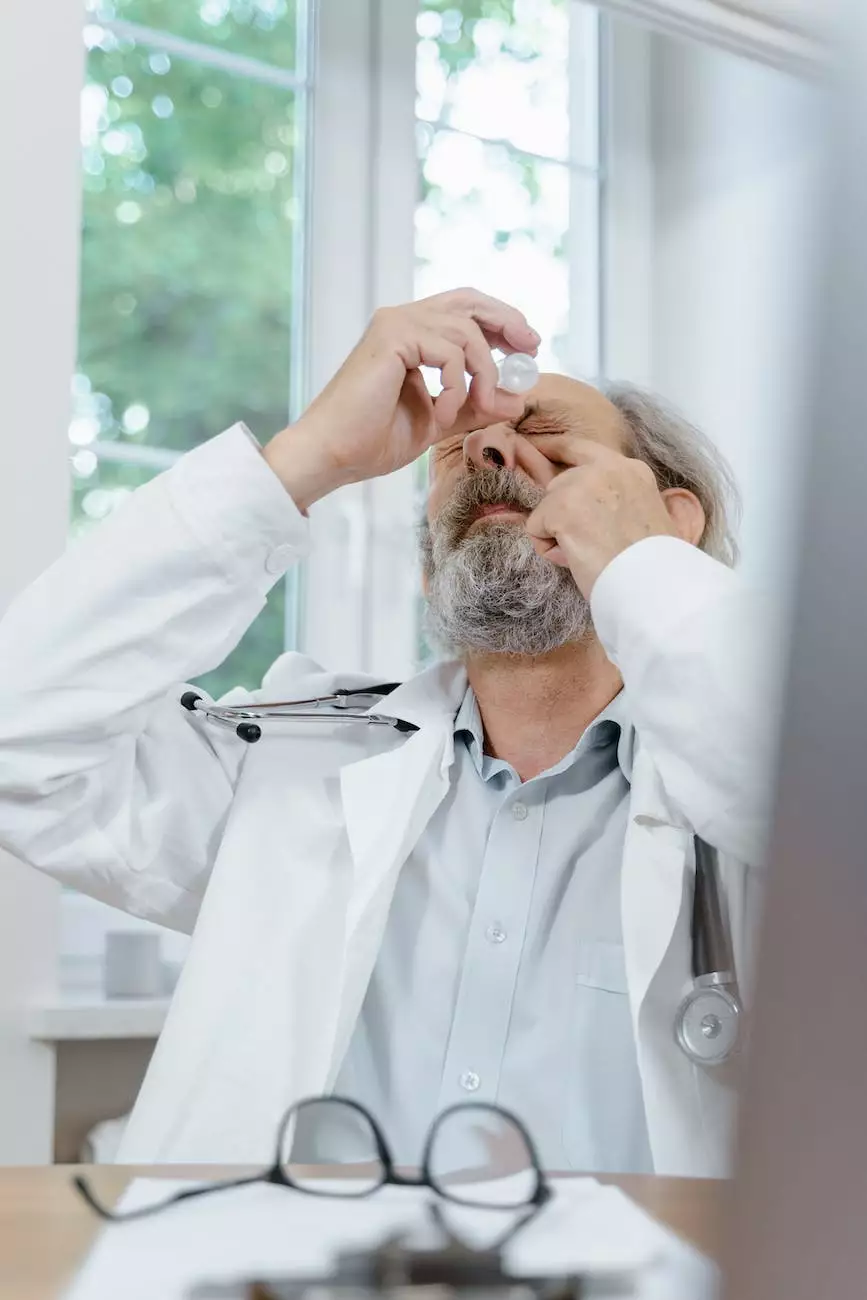Solar Eclipse Eye Safety: Be Prepared!
Blog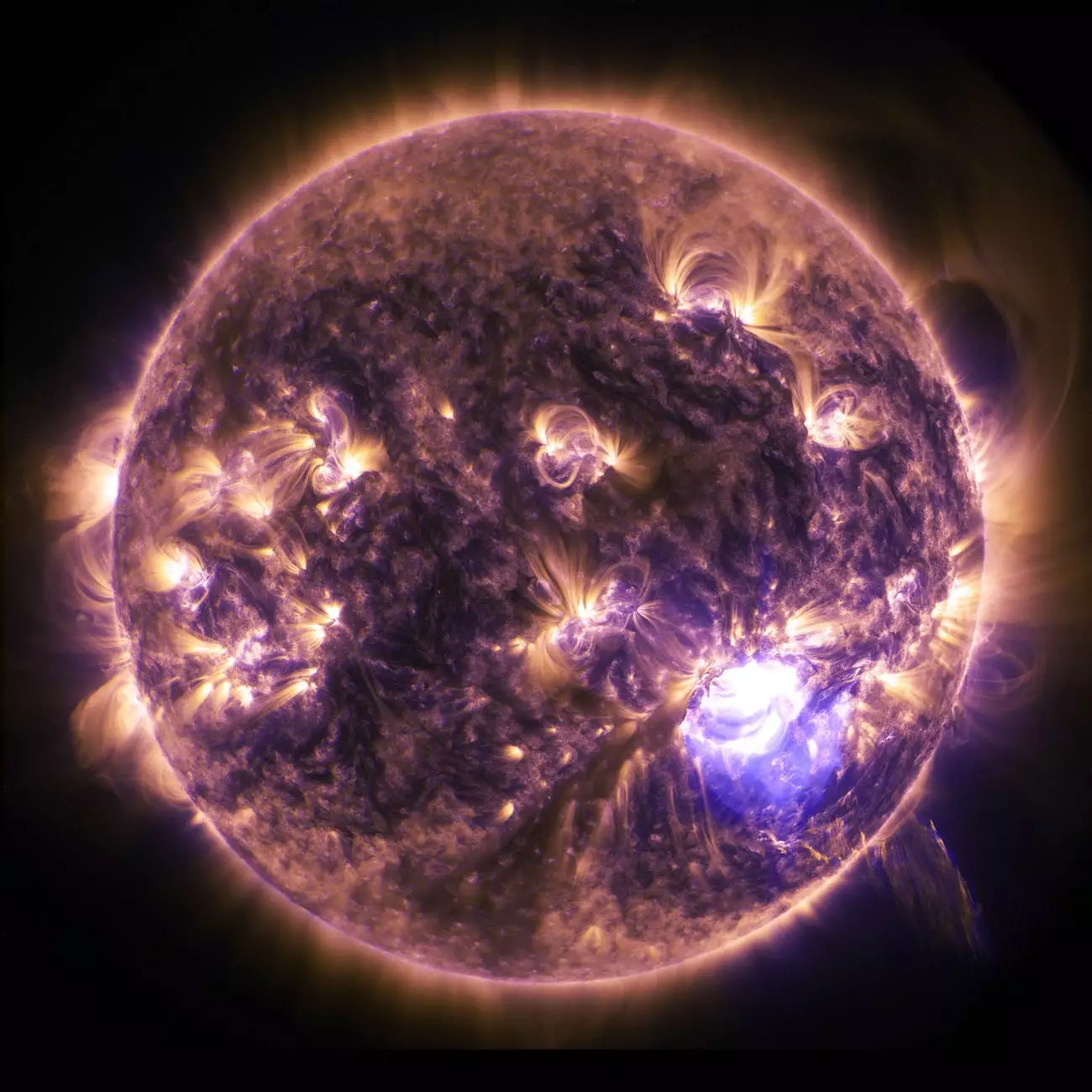
Introduction
Welcome to David J Scholten, OD, PC, your trusted source for comprehensive eye care. In this article, we will explore the topic of solar eclipse eye safety. With the increasing interest in celestial events like solar eclipses, it's crucial to understand the potential risks to your vision and how to protect your eyes during these events. Read on to learn more about the importance of eye safety and the precautions you should take.
Understanding Solar Eclipses
A solar eclipse occurs when the moon passes between the sun and the Earth, blocking the sun's light partially or completely. These breathtaking astronomical events capture the attention of millions around the world. However, it's essential to remember that looking directly at the sun, even during an eclipse, can cause severe harm to your eyes.
The Danger of Direct Sun Gazing
The sun's rays consist of harmful ultraviolet (UV) radiation that can damage the delicate tissues of your eyes. Staring at the sun without appropriate protection, especially during a solar eclipse, can lead to conditions like solar retinopathy, which can result in permanent vision loss.
Protective Measures
Here are some crucial tips to ensure your eyes are protected during a solar eclipse:
1. Use Certified Solar Eclipse Glasses
Safe viewing of a solar eclipse requires specialized eyewear that meets the international safety standards for viewing the sun. Regular sunglasses or homemade filters are not sufficient to protect your eyes from the sun's harmful rays. Make sure to obtain certified solar eclipse glasses from reputable sources.
2. Check for Authenticity
When purchasing solar eclipse glasses, it is essential to verify their authenticity. Look for glasses that have ISO 12312-2 certification, indicating they adhere to the international safety standards. Beware of counterfeit products and only purchase from trusted vendors.
3. Proper Usage
Once you have obtained certified solar eclipse glasses, it's crucial to use them correctly. Follow the instructions provided with the glasses carefully. Do not remove them while looking at the sun during the eclipse to avoid any potential harm to your eyes.
4. Keep Children Safe
Children are particularly vulnerable to eye damage during a solar eclipse. Supervise children at all times to ensure they use certified solar eclipse glasses and understand the importance of not looking directly at the sun.
5. Alternative Viewing Methods
If you are unable to obtain certified solar eclipse glasses, consider alternative viewing methods. Examples include using pinhole projectors or watching the eclipse through an indirect projection, such as a smartphone or telescope connected to a solar filter. These methods allow you to enjoy the eclipse safely without directly exposing your eyes to the sun's harmful rays.
Symptoms of Eye Damage
Despite taking precautions, it's essential to be aware of the symptoms of eye damage after viewing a solar eclipse. If you experience any of the following symptoms, seek immediate medical attention:
- Blurred or distorted vision
- Loss of central vision
- Eye pain or discomfort
- Headaches
- Increased sensitivity to light
Do not ignore these symptoms as they may indicate potential eye damage. Prompt medical care can help mitigate any long-term effects.
Conclusion
Solar eclipses are awe-inspiring events, but it is paramount to prioritize your eye safety during these occurrences. Obtaining certified solar eclipse glasses, using them correctly, and supervising children are essential steps in safeguarding your vision. If you experience any symptoms of eye damage after viewing a solar eclipse, seek professional medical assistance without delay. Remember, at David J Scholten, OD, PC, we are committed to providing comprehensive eye care to ensure your vision health. Contact us today for all your eye care needs. Stay safe and enjoy the wonders of the universe responsibly!
